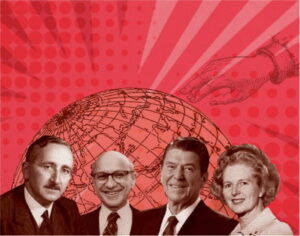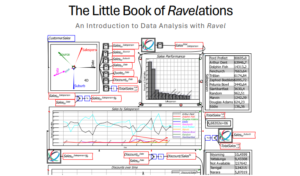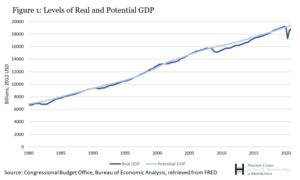While most people think of neoliberalism as having started in the late 1970s or early 1980s, its roots go back to the end of world war I, when the idea of the modern nation-state took over from the prior era of empires.
The idea was further solidified as world war II was coming to an end as the rules and global institutions implementing neoliberalism were created as part of the Bretton Woods Agreement.
Perhaps the best place to start is by defining what neoliberalism is, but on this point, there is not universal agreement.
————————————
This post is part of a larger series and sub-series.
Here is a link to the series: The history of banks and banking regulation
and to the sub-series: United States Banking and Bank Regulation History
————————————
The common themes among the various definitions seem to be: privatization, deregulation, government austerity, markets, and globalization.
There is a general consensus that neoliberalism was born out of the ideas of a few Austrian economists, most notably Ludwig von Mises and Friedrich Hayek.
Early in the neoliberal economic school of thought, the ideas pushed were that a high (perhaps the highest) form of freedom is participating in a marketplace as a consumer and any government intervention in the operation of markets leads to problems.
Of course, the idea that governments should not intervene in markets ignores the reality that there is no such thing as markets without rules, that the rules matter, and that the rules are made up by people.
While the early neoliberal economic thinkers may have legitimately believed what they said and had good intentions, their ideas led to the modern world of wealth and income inequality which was brought about by globalization.
This post doesn’t talk so much about what neoliberalism is, as there are literally thousands of articles, studies, and posts that cover that.
Rather, this post talks about how neoliberalism has influenced the global economy, and why it became the dominant economic school of thought starting in the late 1970s and early 1980s.
As world war II was coming to a close, the allied world powers got together and created the Bretton Woods Agreement, which created the institutions of the International Monetary Fund and the World Bank, as well as the General Agreement on Tariffs and Trade, which in1995 was superseded by the World Trade Organization.
The idea behind all this is that nations that are economically interdependent on each other are less likely to go to war against each other.
These global institutions were specifically chartered to support private ownership of resources, distribution of resources through markets, and global trade, which includes the movement of investment capital without regard to international borders.
Then, as stagflation of the 1970s harmed economies and people the world over, the failures of existing economic policies to strike the best balance between inflation and unemployment, caused us to look for alternative ideas on how to best manage economies.
By this time, the ideas of neoliberalism were well established and ready to fill this void, which it did.
The rules of the global neoliberal institutions on global trade became the birth of globalism.
Trade between nations requires rules between nations.
And the global economic rules that bring up cheap stuff by outsourcing jobs to low-wage countries are an extension of the initial rules of the Bretton Woods Agreement, adjusted over time as deemed necessary.
Over the course of the next seventy years, this has resulted in a two-tier structure of government existing pretty much everywhere.
There is a global set of rules for international trade, implemented through United Nations agreements and international trade treaties, which are the same the world over, and subservient to them are the governments and the national laws of the sovereign nations of the earth.
And what’s now causing people grief the world over, is the rules for international trade supersede national laws. But if they didn’t, the entire global trade system would have to become less efficient and slow down.
So now, the rules that take dominance over national laws are created by unelected people primarily representing the interests of mostly stateless multinational corporations.
And THIS is now the defining characteristic of neoliberalism.
We’ve moved beyond privatization, deregulation, and markets to central bank bailouts of financial institutions and major corporations while simultaneously requiring smaller firms to compete against this big business government monetary support, which tilts the playing field heavily in favour of the largest financial institutions and corporations, which has accelerated global wealth and income inequality.
And all this, in a nutshell, is neoliberalism, and why it’s now getting such bad press.



